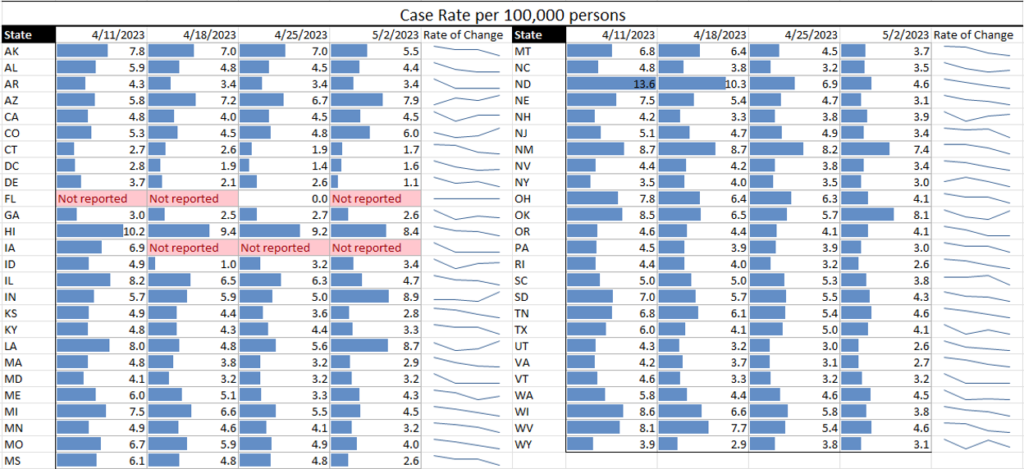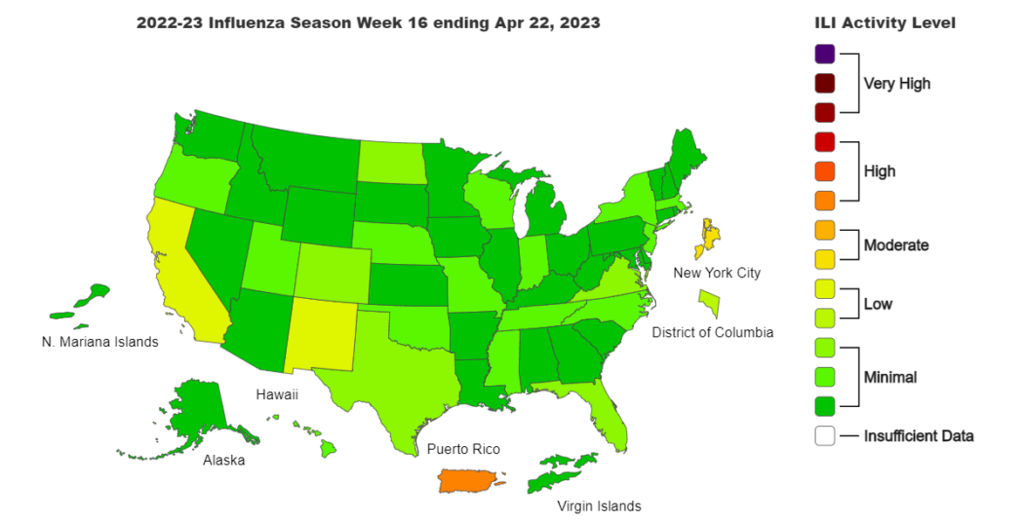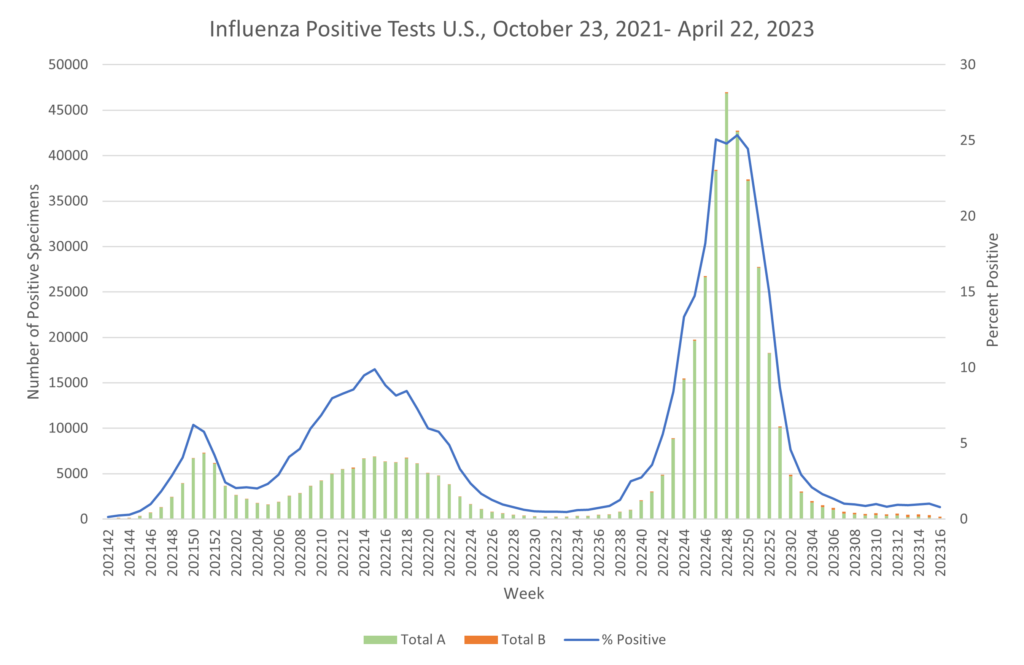When events occur half a world away, we often see them as having no impact on our own lives or business. But if we consider the expanse of the global food supply chain, it is easier to see that such events can have a much greater impact than we might initially expect.
This has been brought home recently with the WHO’s “high risk of biological hazard” warning due to Sudan’s National Public Health Laboratory having been seized by a warring faction. Workers are no longer able to access the lab or properly manage the hazardous biological and chemical materials stored there, including measles and cholera pathogens – which, if exposed to populations, could cause an outbreak. A laboratory also can be compromised in other ways, through either unintentional conditions, such as a lack of proper handling or biosafety measures, or intentional, such as a disgruntled employee or terroristic events. Given the oversight typically in place, such events would be rare.
However as was clearly seen by the COVID pandemic, an outbreak of an infectious disease in one part of the world can quickly cross countries and continents to impact the entire world. And such spread – be it declared an outbreak or a pandemic – can just as significantly impact your business. Such incidents also could impact food safety across the food chain if foodborne pathogens are released and/or spread.
The best response to such occurrences, or potential for occurrence, is awareness and preparation. By staying updated on events across the globe, you will be less likely to be taken by surprise should the issue spread to your supply chain or community. And being prepared for issues and events – knowing how to protect your employees, products, and/or business – is half the battle.
COVID Risk Matrix:

Influenza:


- Measles. Over the past 12 months, the largest number of measles cases have been reported in Tajikistan (610), Turkey (466) and Russia (414). In Austria, Serbia, the UK and Uzbekistan, the incidence has increased since the beginning of 2023. In 2021, due to the COVID-19 pandemic, a record 40 million children in the world did not receive routine measles vaccinations. Overall, Ireland has the lowest immunization rate against measles in western Europe, at 90% for the first dose and about 88% for the second. This is far below the recommended 95% rate to optimally manage the risks of illness due to measles. The World Health Organization has confirmed that measles and rubella have been eradicated in Iran, Health Minister Bahram Einollahi said on 24 April 2023.
- Meningitis Between 1 October 2022 and 16 April 2023, Nigeria reported a total of 1686 suspected cases of meningitis, including 124 deaths, for a case fatality ratio (CFR) of 7%. Meningitis follows a seasonal pattern, being most common during the dry season (December through June) with a peak between March and April, when there is persistent low air humidity and high dust loads. Meningitis attributed to infection with Streptococcus Suis Meningitis has been reported in Bali, possibly linked to contact with pigs.
- COVID-19. The White House will end COVID-19 vaccine requirements for international travelers next week. This move will coincide with the end of the public health emergency related to the coronavirus.
- C. diff. The FDA approved the first oral fecal microbiota treatment that can be taken for the prevention of recurrent C. diff infection in people ages 18 and older following antibacterial treatment for the condition. The product is called Vowst and contains live bacteria from human fecal matter donated by qualified people.





